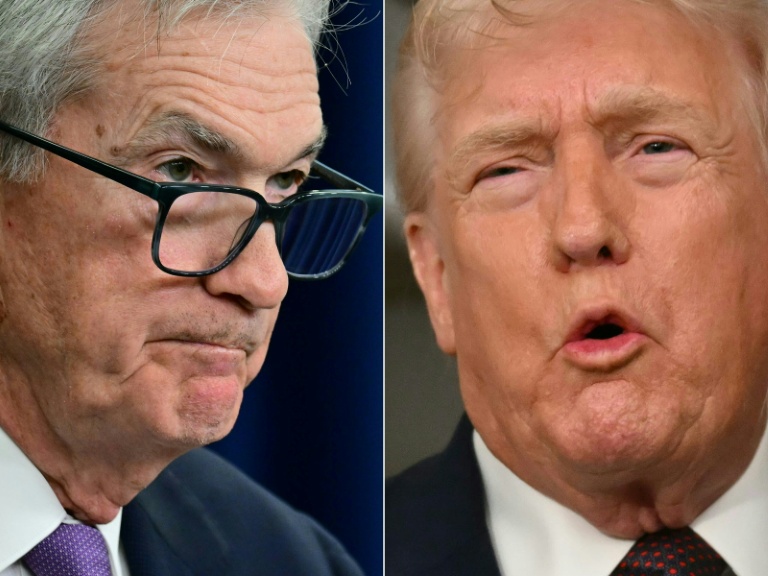Zurich (AFP) – Switzerland’s economy contracted in the third quarter of the year, suffering from high US tariffs which abruptly curtailed exports across the Atlantic, the economy ministry said on Monday. Swiss gross domestic product (GDP) dropped by 0.5 percent between July and September from the previous quarter according to preliminary data, a bigger fall than market analysts had anticipated. Key economic sectors such as chemicals and pharmaceuticals saw sharp declines, the ministry reported, while the service sector performed below average.
US President Donald Trump stunned Switzerland in August when he slapped an added 39-percent duty on imports of goods from the country, among the highest in his global tariff campaign. However, this decision now looks to be reversed. The US and Switzerland announced on Friday that they had reached an agreement to sharply lower the tariffs, with the Alpine nation vowing to invest $200 billion in the US to win over the White House. The latest framework agreement brings the tariff down to 15 percent for Switzerland’s products, as stated by the White House.
The deal will alleviate fears in Switzerland, including within the country’s famed watch industry and machine tool sector, about any lasting impact of the devastating tariff hike. Last month, Switzerland had warned of an economic slowdown in 2026, partly sparked by the high tariffs. Watch exports spiked in July before the higher tariffs came into effect but then fell by 23.9 percent in August and 55.6 percent in September, according to data from the country’s watchmakers’ association.
Employer federation Swissmem reported an overall 14.2-percent drop in Swiss exports to the US in the third quarter compared to the same period a year earlier. The association expressed relief following Friday’s deal, although it noted that the strength of the Swiss franc against the dollar remained a concern, as it makes Swiss products more expensive for American consumers.
“The good news from the US tariffs was counterbalanced by the franc’s persistent strength,” commented Ipek Ozkardeskaya, senior analyst at Swissquote, a currency trading firm. “The strong franc sure sounds like a first world problem — and it is — but it has concrete implications for businesses,” she added.
© 2024 AFP





















